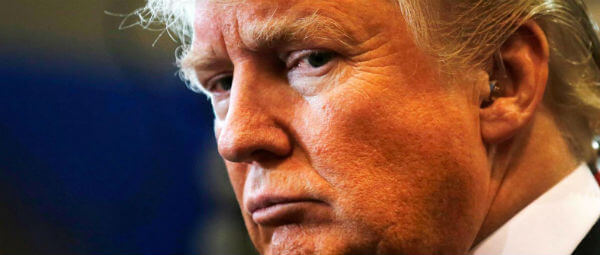
Thomas Rid writes: On an April afternoon earlier this year, Russian president Vladimir Putin headlined a gathering of some four hundred journalists, bloggers, and media executives in St. Petersburg. Dressed in a sleek navy suit, Putin looked relaxed, even comfortable, as he took questions. About an hour into the forum, a young blogger in a navy zip sweater took the microphone and asked Putin what he thought of the “so-called Panama Papers.”
The blogger was referring to a cache of more than eleven million computer files that had been stolen from Mossack Fonseca, a Panamanian law firm. The leak was the largest in history, involving 2.6 terabytes of data, enough to fill more than five hundred DVDs. On April 3, four days before the St. Petersburg forum, a group of international news outlets published the first in a series of stories based on the leak, which had taken them more than a year to investigate. The series revealed corruption on a massive scale: Mossack Fonseca’s legal maneuverings had been used to hide billions of dollars. A central theme of the group’s reporting was the matryoshka doll of secret shell companies and proxies, worth a reported $2 billion, that belonged to Putin’s inner circle and were presumed to shelter some of the Russian president’s vast personal wealth.
When Putin heard the blogger’s question, his face lit up with a familiar smirk. He nodded slowly and confidently before reciting a litany of humiliations that the United States had inflicted on Russia. Putin reminded his audience about the sidelining of Russia during the 1998 war in Kosovo and what he saw as American meddling in Ukraine more recently. Returning to the Panama Papers, Putin cited WikiLeaks to insist that “officials and state agencies in the United States are behind all this.” The Americans’ aim, he said, was to weaken Russia from within: “to spread distrust for the ruling authorities and the bodies of power within society.”
Though a narrow interpretation of Putin’s accusation was defensible—as WikiLeaks had pointed out, one of the members of the Panama Papers consortium had received financial support from USAID, a federal agency—his swaggering assurance about America’s activities has a more plausible explanation: Putin’s own government had been preparing a vast, covert, and unprecedented campaign of political sabotage against the United States and its allies for more than a year.
The Russian campaign burst into public view only this past June, when The Washington Post reported that “Russian government hackers” had penetrated the servers of the Democratic National Committee. The hackers, hiding behind ominous aliases like Guccifer 2.0 and DC Leaks, claimed their first victim in July, in the person of Debbie Wasserman Schultz, the DNC chair, whose private emails were published by WikiLeaks in the days leading up to the Democratic convention. By August, the hackers had learned to use the language of Americans frustrated with Washington to create doubt about the integrity of the electoral system: “As you see the U. S. presidential elections are becoming a farce,” they wrote from Russia.
The attacks against political organizations and individuals absorbed much of the media’s attention this year. But in many ways, the DNC hack was merely a prelude to what many security researchers see as a still more audacious feat: the hacking of America’s most secretive intelligence agency, the NSA.
Russian spies did not, of course, wait until the summer of 2015 to start hacking the United States. This past fall, in fact, marked the twentieth anniversary of the world’s first major campaign of state-on-state digital espionage. In 1996, five years after the end of the USSR, the Pentagon began to detect high-volume network breaches from Russia. The campaign was an intelligence-gathering operation: Whenever the intruders from Moscow found their way into a U. S. government computer, they binged, stealing copies of every file they could.
By 1998, when the FBI code-named the hacking campaign Moonlight Maze, the Russians were commandeering foreign computers and using them as staging hubs. At a time when a 56 kbps dial-up connection was more than sufficient to get the best of Pets.com and AltaVista, Russian operators extracted several gigabytes of data from a U. S. Navy computer in a single session. With the unwitting help of proxy machines—including a Navy supercomputer in Virginia Beach, a server at a London nonprofit, and a computer lab at a public library in Colorado—that accomplishment was repeated hundreds of times over. Eventually, the Russians stole the equivalent, as an Air Intelligence Agency estimate later had it, of “a stack of printed copier paper three times the height of the Washington Monument.” [Continue reading…]


